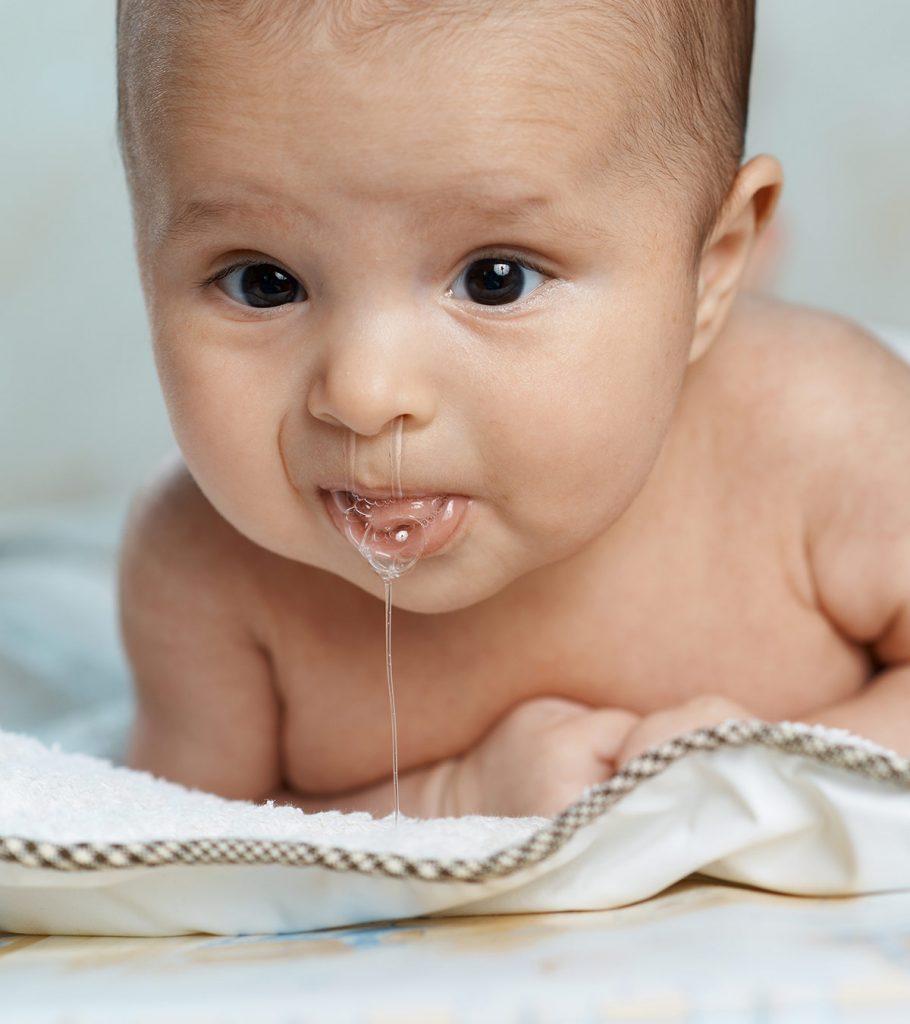Although spit-up can seem like a. Half of all 0-3 month old babies spit up at least once per day.
:max_bytes(150000):strip_icc()/breastfeeding-and-infant-spit-ups-431719_final-3530d997ebeb48069fb7ec7b7568a709.png) Why Your Baby Spits Up Breast Milk And How To Reduce It
Why Your Baby Spits Up Breast Milk And How To Reduce It
If your baby is vomiting after a formula feeding they might be constipated if they have other symptoms including.
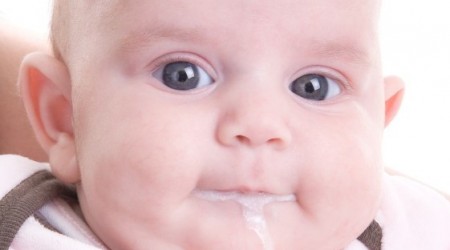
Baby spits up after each feeding. I know for me feeding from one breast over the period of a few hours block feeding manually expressing some of the fore milk that forcefully comes out at the beginning of each feed prior to latching my baby and limiting the time that I fed all helped to regulate my supply and therefore prevent my baby from constantly spitting up after feeds. Spitting up usually occurs right after baby eats but it may also occur 1-2 hours after a feeding. Handle your baby gently to minimize jostling and keep your baby upright for 30 minutes after each feeding.
When babies spit up after feeding - Many parents can be concerned when their baby spits up after their feed. Put baby to sleep on his or her back. Allow them to finish feeding on one breast before giving the other.
We do not worry about spit up unless the volume is so great that babies fail to gain adequate weight babies are having problems breathing eg. Not pooping for longer than 34 days. Newborn vomiting after breastfeeding can be a result of switching breast while in the middle of feeding.
Reflux is the medical term for spit up. Most babies spit up after each feeding or while burping. The air has to come up and when it does some of the liquid comes up too through his mouth or nose.
To reduce the risk of sudden infant death syndrome SIDS its important to place your baby to sleep on his or her back. Often its routine nothing to be concerned about and related to trapped wind. Many babies outgrow spitting up by 7-8 months.
Infant vomiting may occur from time to time maybe because of a larger air bubble but if your baby is vomiting more than usual and projectile vomiting you should visit your pediatrician. Your pediatrician will evaluate your infants weight gain at their well-baby checkups. Getting the air out more frequently could lead to less air in their tummy and less of a chance of spit up.
Baby spit up is the regurgitation of milk or formula ingested by the baby because of incomplete development of the valve that leads from the gullet into the stomach. Even if your baby spits up after every feeding theyre probably taking in enough. Spit-up normally does not lead to distress or weight loss.
This valve called the sphincter holds our food in place so it doesnt come back up to our throats. The stomach contents can force the sphincter open and flood back up the esophagus. When the stomach is full or a babys position suddenly changed after a feeding youd better have a cloth handy.
The peak age for spitting up also known as reflux is 4 months. If everythings on track. In babies this valve is not fully developed and thats why they spit-up.
Avoid interrupting you baby as they are fed as this can cause an increase in spitting up. All babies spit up especially after gulping down air with breastmilk or formula. In other cases it can be problematic as it can be painful cause digestive distress and in extreme cases prevent weight gains for a baby that should be.
Burp baby multiple times during each feeding Instead of waiting until baby is done with the feeding to burp him or her try to stop throughout the feeding to burp them. Some babies spit up more than others. However if spit-up results from over-supply or forceful let-down pumping for a few minutes prior to breast-feeding can help decrease the amount of milk or force of the milk during the nursing session.
When your baby swallows air along with his breast milk or formula the air gets trapped in with the liquid. A swollen or bloated stomach. Is It Normal For Babies To Spit Up After Feeding by babyhopeful Published October 24 2020 Updated October 26 2020 The cardinal of burp cloths or burpees first-time dad and mom take delivery of at a babyish battery can get up as a marvel.
After spitting up your baby should still seem happy but vomiting will always cause discomfort. Spitting up usually peaks at 2-4 months. According to Mayo Clinics website some vomit after a feeding should not be a concern unless your child fails to gain weight or is uncomfortable.
Treating a baby who spits up frequently isnt necessary unless the baby experiences weight loss or other health problems. Placing a baby to sleep on his or her tummy to prevent spitting up isnt recommended. Infants spit up after feedings sometimes every feeding and often bring up some milk when they burp.
Doctors may use the phrase happy spitter to describe a baby who spits up but is generally comfortable has no breathing problems and is thriving and growing well. Its normal for babies to spit up both breast milk and formula. For most babies spit-up is a quick smooth flow of liquids up and out during or shortly after a feeding.
Frequent burps during and after each feeding can keep air from building up in your babys stomach. Bluish discoloration around the lips or unless spit up causes pain. Spit up tends to peak at 4 months and most babies have stopped by 12 months of age.
 4 Reasons Why Your Breastfed Baby Is Spitting Up Happy Mom Blog Breastfeeding Breastfed Baby New Baby Products
4 Reasons Why Your Breastfed Baby Is Spitting Up Happy Mom Blog Breastfeeding Breastfed Baby New Baby Products
/help-my-baby-is-spitting-up-blood-284376_color1-5b76d10746e0fb00259fc43a.png) Most Likely Causes When A Baby Spits Up Blood
Most Likely Causes When A Baby Spits Up Blood
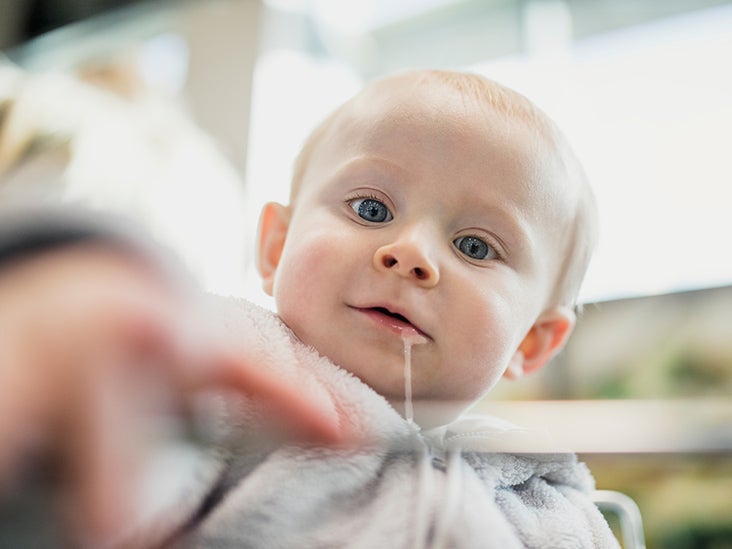 Baby Spit Up Is Spitting Up This Much Normal
Baby Spit Up Is Spitting Up This Much Normal
 How To Prevent And Treat Frequent Baby Spit Up Mommyhood101
How To Prevent And Treat Frequent Baby Spit Up Mommyhood101
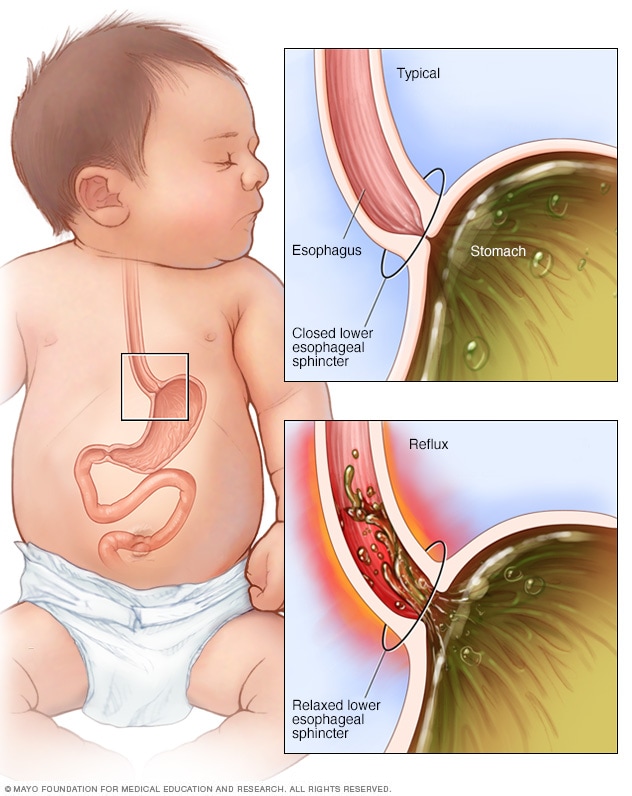 Spitting Up In Babies What S Normal What S Not Mayo Clinic
Spitting Up In Babies What S Normal What S Not Mayo Clinic
 Baby Spit Up Medical Problem Or Laundry Problem Childrensmd
Baby Spit Up Medical Problem Or Laundry Problem Childrensmd
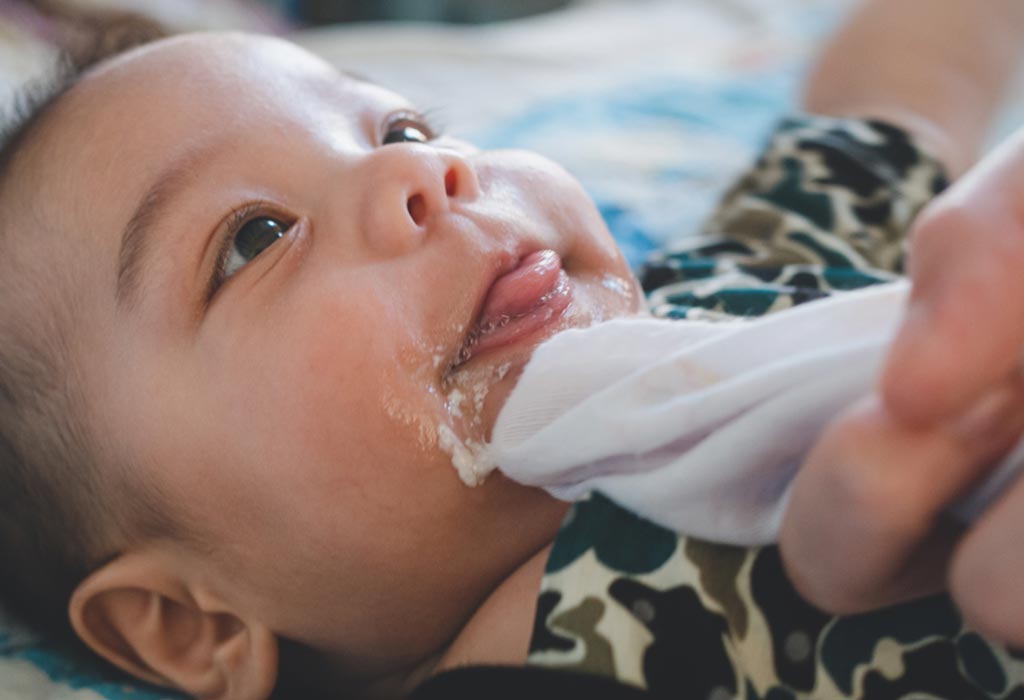 Baby Spitting Up Curdled Milk Causes Treatment
Baby Spitting Up Curdled Milk Causes Treatment
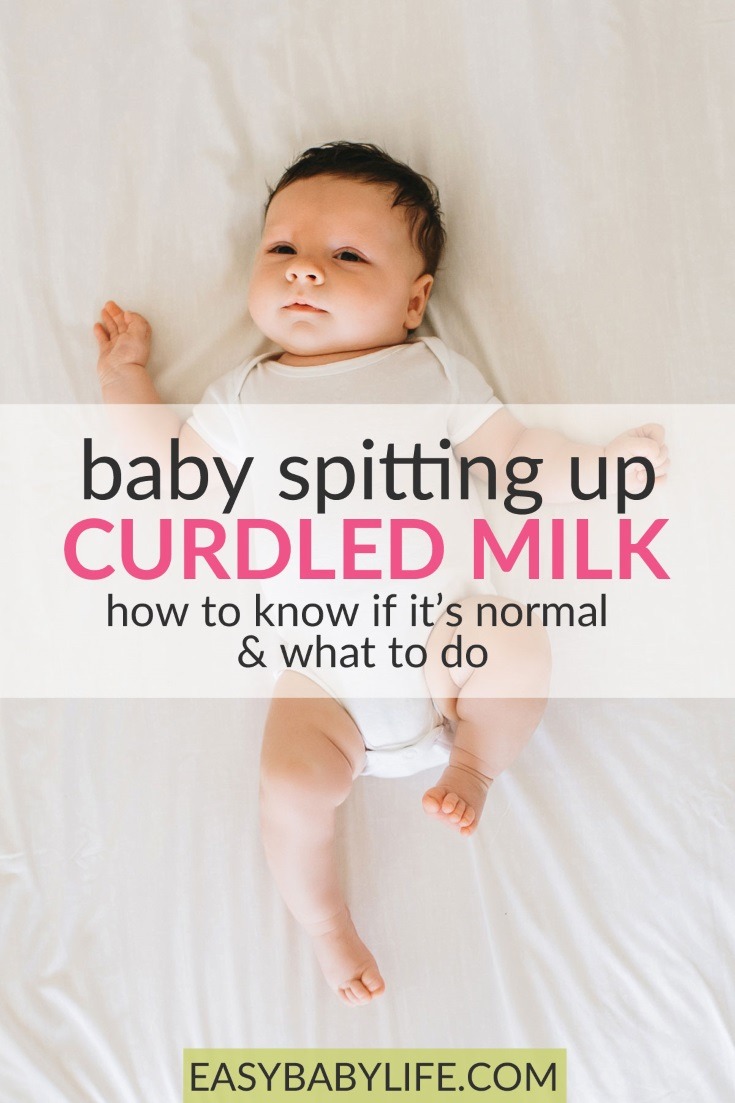 Baby Spitting Up Curdled Milk Learn Why And When To Worry
Baby Spitting Up Curdled Milk Learn Why And When To Worry
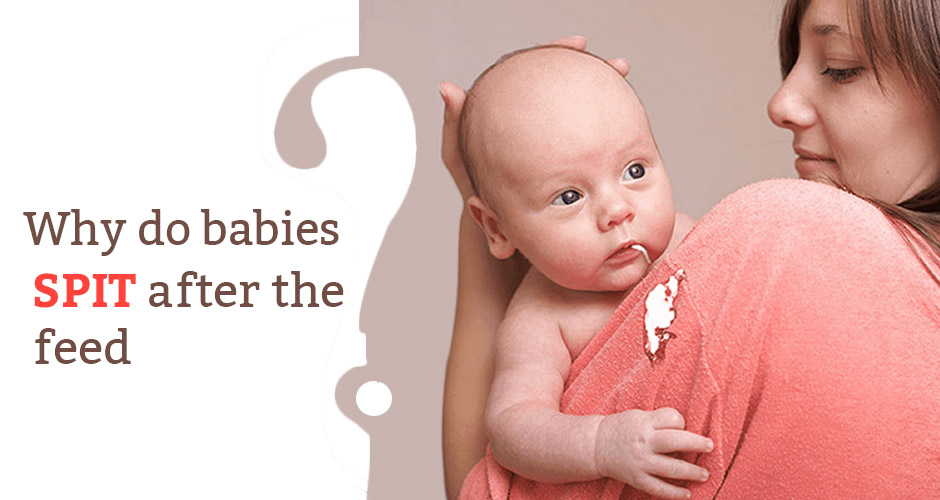 Spit Up In Babies Why It Happens
Spit Up In Babies Why It Happens
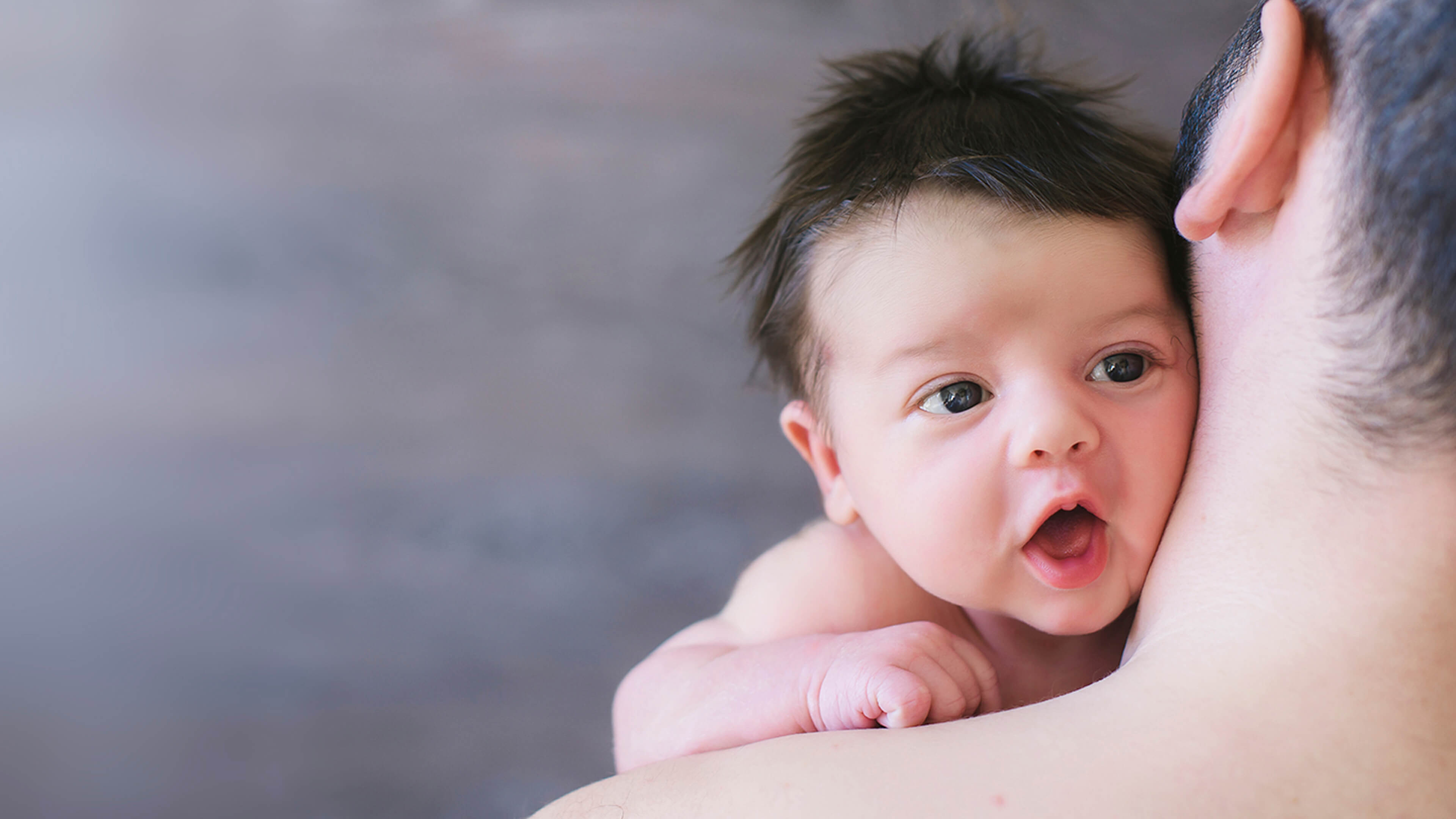 Baby Spit Up How Much Is Too Much Mama Natural
Baby Spit Up How Much Is Too Much Mama Natural
 Spitting Up In Babies What S Normal Babycenter
Spitting Up In Babies What S Normal Babycenter
 Excessive Spitting Up In Baby 5 Helpful Solutions Super Healthy Kids
Excessive Spitting Up In Baby 5 Helpful Solutions Super Healthy Kids
ads


